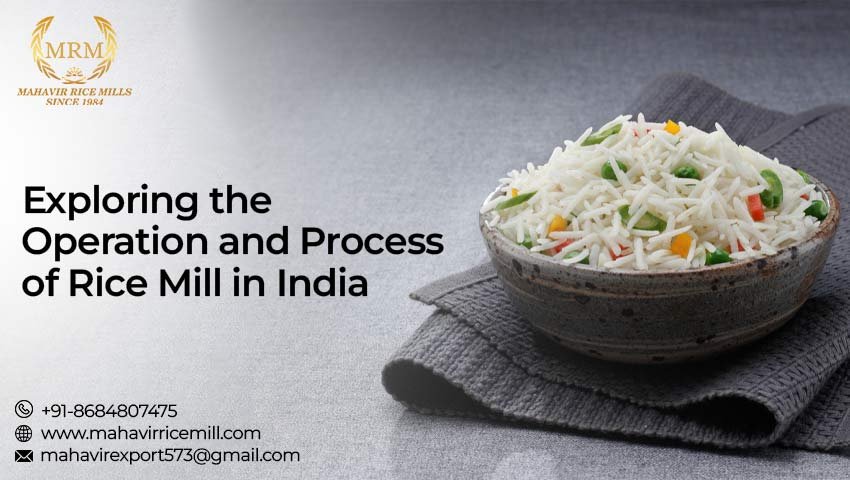Call Anytime
+91-8684807475
19 Jul, 2025
Procedure & Documentation to import rice from India
India is the largest rice exporter in the world and provides both basmati rice and non-basmati rice of the highest quality to different parts of the globe. If you would like to partner with a rice exporting business in India, it is important to understand the legal and logistical procedures. In this blog, we will walk you through the processes and documentation required for rice importing from India, so you have a seamless and legal experience when trading rice.
The Role of a Rice Exporting Company in India
A rice exporting company is seen as the grain exporter worldwide and plays a role in the global food supply chain. Exporting companies purchase, mill, package and send rice to foreign buyers while going through the export laws and regulations of the India and import laws and regulations of the buying country.
Regardless of whether you are an importer, wholesaler or food brand, locating the right rice exporting company in India can have tremendous consequence on the quality, stability and reliability of the product. Indian rice exporters have something for everybody and deliver all types of rice for everybody's food need and regional requirements through the country.
With India's agricultural infrastructure, labor and milling technologies, the rice export sector continues to develop.
Procedure to Import Rice from India
There are a few important steps to the process of importing rice from India from supplier selection to regulatory steps to take. Here is a summary of the process:
1. Locate a reputable rice supplier
The first step is to choose an exporter company that guarantees delivery of the quality and price you will need. Look for certification such as ISO or HACCP to give you confidence in quality and the safety.





